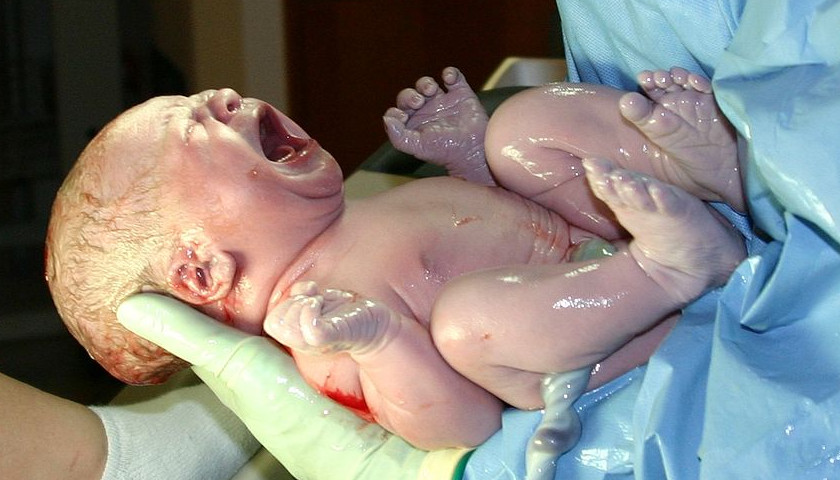Republican and Democratic legislators don’t often find common ground on pro-life issues in Virginia, but two bills passed the House of Delegates with unanimous support and are likely to pass out of the Senate. HB 1950, introduced by lieutenant governor candidate Delegate Hala Ayala (D-Prince William) would develop a plan to create a Fetal and Infant Mortality Review Team in Virginia to collect better data about fetal and infant survival rates. HB 2111, introduced by House Majority Leader Charniele Herring (D-Alexandria), is similar, and establishes a task force to collect data to help create policies focused on improving maternal care. Both bills are now in committee in the Senate.
Ayala said fetal and infant mortality is especially bad in minority communities. In the Health, Welfare, and Institutions (HWI) Committee in January, Ayala said, “Fetal and infant mortality review team is an important tool to address these disparities and without understanding the patterns and the causes of untimely fetal and infant deaths its impossible to develop sustainable, evidence-based solutions to reduce the number of preventable fetal and infant deaths.”
“We know that maternal mortality rates fluctuate from year to year for unknown reasons, and the rates are much higher for women of color, part. Black women,” Herring said in a January meeting of the HWI Health subcommittee.
“[A Virginia Department of Health maternal mortality] review team found that not only are Black women more likely to die in prenatal or postpartum periods, they are part more likely to die of natural causes than white women,” Herring said. “We need to do better to understand the reasons for the disparity, and the reasons for leading causes in order to address them through policy.”
It’s not just legislators from opposite sides supporting the bills; both NARAL Pro-Choice Virginia (NPCV) and the (pro-life) Virginia Society for Human Life (VSHL) have spoken out in favor of HB 1950.
“Every year in the United States, about 23,000 babies do not survive to their first birthday. An almost equal number of babies are stillborn, without signs of life. While fetal and infant mortality in the United States has improved, disparities persist between whites and persons of color, especially African Americans, Latinos, and Native Americans,” states a NPCV fact sheet. “Virginia ranks 21stin infant mortality rates as compared to other states. Black women are nine times more likely than white women to lose their pregnancies in Virginia. Governor Northam announced his goal to address maternal mortality disparities in Virginia by 2025. But it is impossible to address maternal mortality while ignoring preventable fetal and infant deaths.”
VSHL President Olivia Turner said, “Very often, you find strange bedfellows when you’re working hard to do the right thing, and so we applaud Delegate Ayala’s efforts in this regard. We think it’s a good bill because it does recognize that there isn’t enough information.”
“We should know what is the status, get more information about the population groups most affected by early infant death or death in the womb,” Turner said. “What are the causes of that, what are the complications that are going on? That’s a positive thing. And the more information we have, the more we can help expectant mothers, and the more we can help newborn infants. ”
Turner said the findings might also reveal statistics about survivors of late-term abortions.
The VSHL also supports HB 2111. “It is a very important piece of legislation, because again, it gets more information into our hands,” Turner said. “I’m often asked, do we have good numbers on these? And we don’t. We don’t have good numbers. And we should, because we can’t provide good care to expectant mothers or to new mothers if we don’t know what the problems may be.”
– – –
Eric Burk is a reporter at The Virginia Star and the Star News Digital Network. Email tips to [email protected].
Photo “New Born Baby” by Ernest F. CC BY-SA 3.0.




